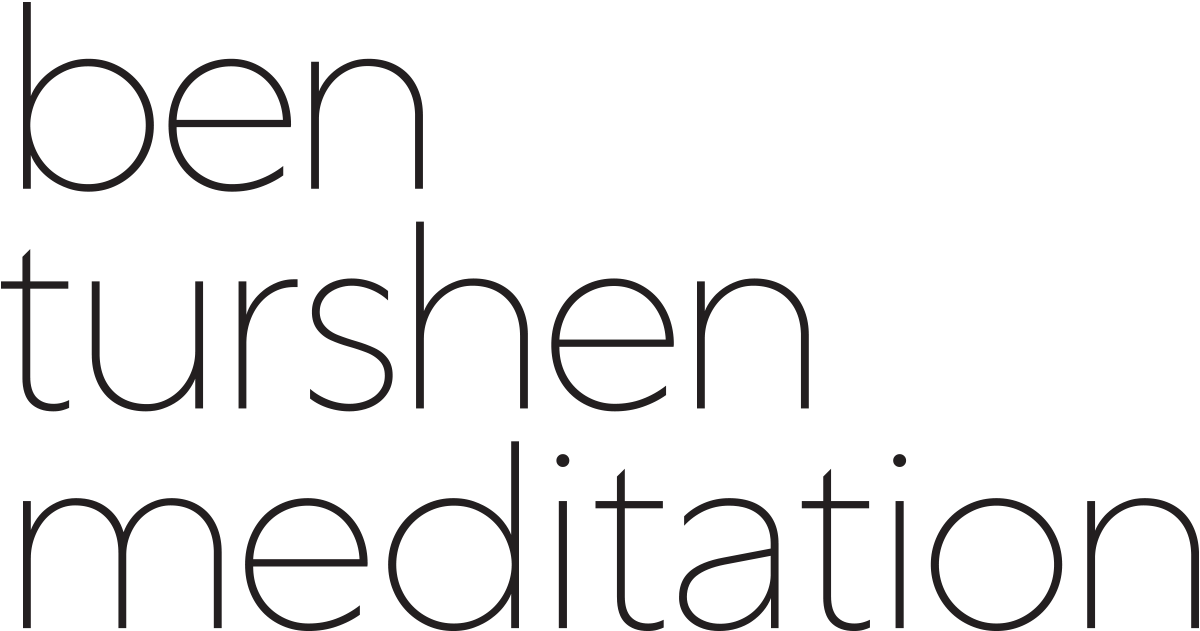By Ben Turshen.
Lack of sleep is a big problem.
A Gallup poll from a few years ago indicates that over 40% of Americans get less than the minimum recommended seven hours of sleep (I suspect this number has increased since this poll was published in December 2013). Insufficient sleep has been linked to the development of a number of chronic diseases and conditions, including diabetes, cardiovascular disease, obesity, and depression. Sleep impacts the quality of our lives every day--our energy, our focus and productivity and our mood.
One of the more immediate benefits of Vedic Meditation is improved sleep. It is not uncommon for brand new Vedic meditators to report falling asleep easier, staying asleep longer and sleeping more soundly within a few days of learning and practicing the Vedic Meditation technique. Click here to read a few stories from my students who started sleeping much better once they learned Vedic Meditation.
This was my experience as well. I had been an insomniac my whole life. Even as a young boy I had trouble sleeping. In college, I began to self-medicate with alcohol, NyQuil or Benadryl. In law school, my sleep got even worse and I went to see a doctor who diagnosed me with anxiety-induced insomnia. I was prescribed Ambien (in addition to a number of other prescription medications I was taking for anxiety, depression and ADD). Through law school and during the beginning of my legal career, every single night I would either need to drink to fall asleep or take an Ambien (I was smart enough to never mix the two). Some nights, my anxiety was so intense that I would stay awake on Ambien and hallucinate, which was terrifying. Eventually I would fall asleep, but the quality of my sleep was awful and every morning I would wake up groggy and exhausted with a hangover from either the alcohol or the Ambien. It would sometimes take me a hour to get out of bed.
Within three days of learning Vedic Meditation, I feel asleep without drinking or taking a pill for the first time in years and slept through the night. I remember waking up the next morning without a hangover, actually feeling rested and clear. It was that moment that I knew that Vedic Meditation would help change my life for good.
